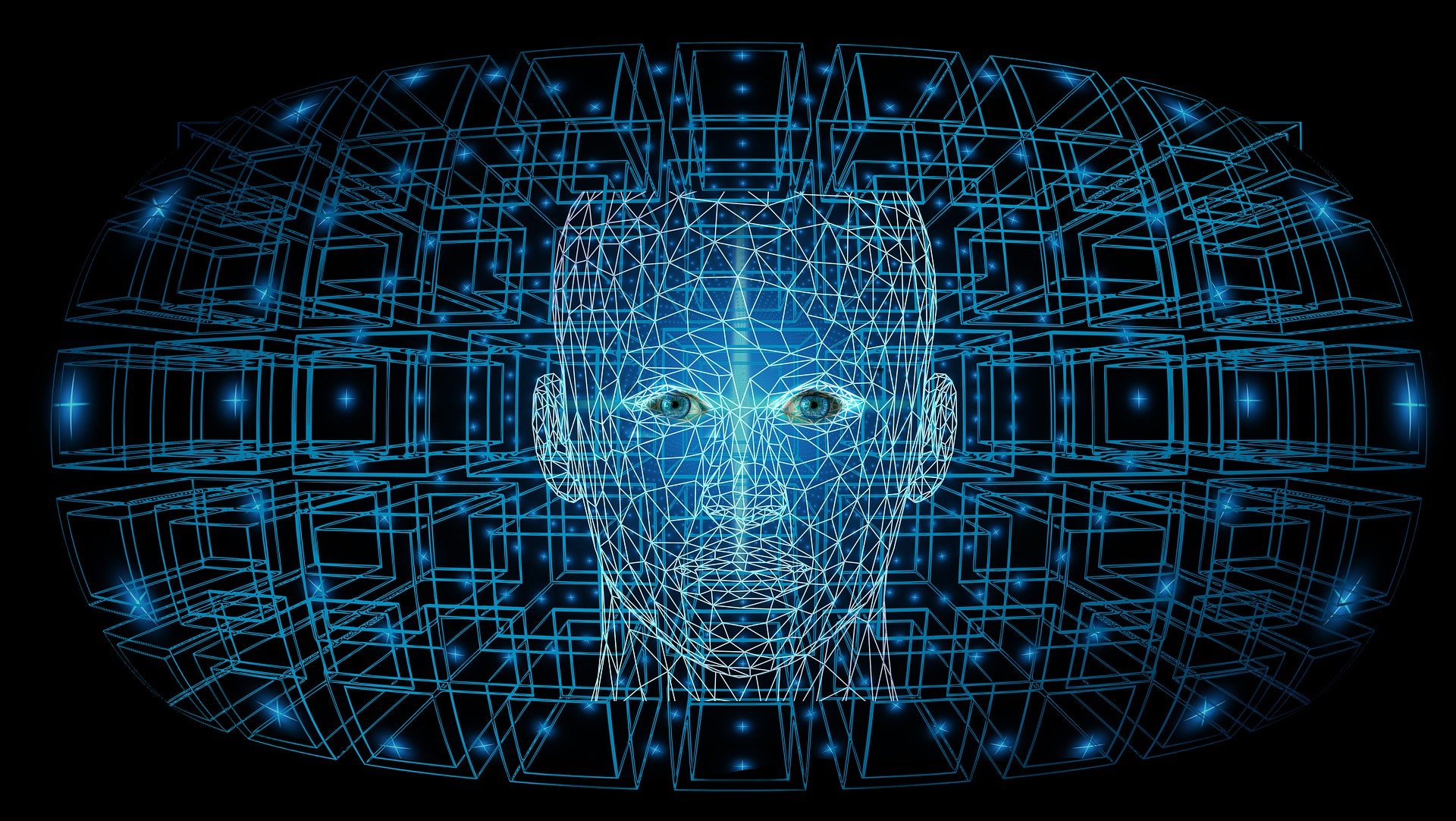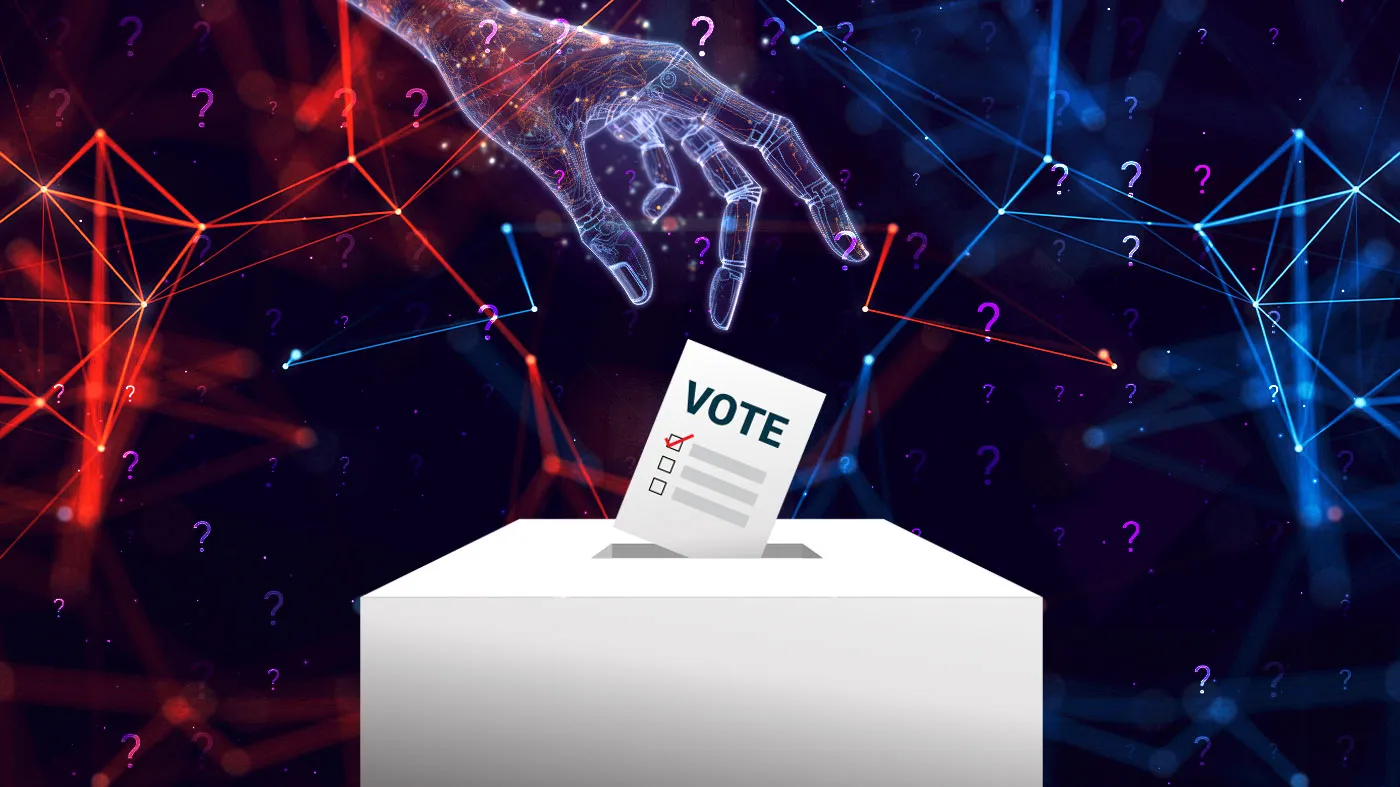As Britain prepares for its upcoming elections in 2024, cybersecurity experts warn of a heightened risk of state-backed cyberattacks and disinformation campaigns, with artificial intelligence (AI) playing a pivotal role.
Scheduled local elections on May 2 and a looming general election later in the year create a fertile ground for such interference, compounded by issues like a cost-of-living crisis and divisive debates over immigration and asylum policies. Todd McKinnon, CEO of Okta, emphasizes the lead-up to the election as a period ripe for cybersecurity risks, particularly with traditional polling methods susceptible to various threats.
Reflecting on past instances, such as the disruption of the 2016 U.S. presidential election and the U.K.’s Brexit vote, allegedly influenced by Russian state-affiliated disinformation campaigns, experts note a pattern of state actors meddling in elections worldwide.

AI’s Role in Protecting Britain’s 2024 Elections from Cyber Threats (Credits: Cyber Ark)
Recent allegations by the U.K. of attempted Chinese state-affiliated hacking further highlight the ongoing threat. Despite denials from accused parties, such incidents underscore the evolving landscape of cyber interference in democratic processes.
Cybersecurity professionals anticipate a multifaceted approach by malicious actors, leveraging AI to propagate disinformation through deepfakes—synthetic media generated through advanced computer graphics and simulation methods.
These deepfakes pose a significant challenge as they become increasingly accessible and indistinguishable from authentic content. Todd McKinnon warns of AI-powered identity-based attacks, such as phishing and social engineering, targeting politicians and election-related institutions, amplifying the scale of misinformation dissemination.
Adam Meyers, from CrowdStrike, identifies AI-powered disinformation as a top concern for the upcoming elections, particularly noting the potential for hostile nation-states like China, Russia, and Iran to exploit generative AI technologies.

AI’s Role in Protecting Britain’s 2024 Elections from Cyber Threats (Credits: The Journalist’s Resource)
Such misinformation efforts, fueled by deepfakes and AI-crafted narratives, pose significant risks to the democratic process, exploiting confirmation biases and undermining trust in electoral outcomes. The accessibility of AI tools further lowers barriers to online exploitation, enabling personalized attacks based on individuals’ social media data.
The prevalence of deepfake technology presents a formidable challenge for tech companies tasked with detecting and mitigating its impact. As AI capabilities evolve, the battle against deepfakes increasingly resembles an AI-versus-AI conflict, necessitating innovative detection mechanisms.
Mike Tuchen of Onfido highlights the urgent need to develop countermeasures against deepfakes, emphasizing the importance of verifying the authenticity of digital content before dissemination. Despite the sophistication of AI-generated content, inherent flaws may serve as indicators of manipulation, offering opportunities for detection.
As the U.K. gears up for elections, the tech industry faces a critical test in combating the proliferation of deepfakes and AI-driven misinformation. Heightened vigilance and international cooperation are essential to mitigate cybersecurity risks and safeguard the integrity of democratic processes.
While the battle against deepfakes continues, empowering individuals to critically evaluate digital content and verify its authenticity remains a crucial step in countering the spread of misinformation. With AI reshaping the landscape of cyber threats, proactive measures are imperative to defend against evolving tactics employed by malicious actors.























